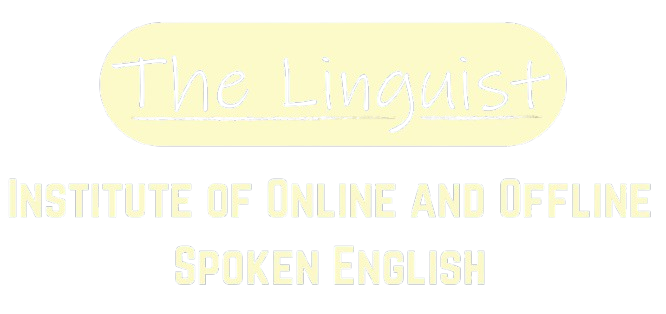
Ago and Before
AGO is used in the sense of ‘in the past’, ‘gone by’ as an adverb in Past Tense but it (ago) is not used in Present Perfect Tense.
I came to Badlapur exactly 25 years ago.
The train left a few minutes ago.
He went to Mumbai five years ago.
The accident happened ten years ago.
I started learning English two years ago.
_________________________________________
The Conjunction THAT and SINCE can be used with such sentences.
It was five years ago that my grandfather died.
It is ten years ago that he wrote that novel.
It has been five years since my grandfather died.
It had been ten years since he wrote that novel.
(BACK is used in the sense of ‘ago’. In other words, BACK can be used in place of AGO.)
I met him some years back.
She saw me some time back.
__________________________________________
Use of BEFORE.
BEFORE is generally used in the sense of ‘at an earlier time, in the past, already or at anytime before now’ as an adverb of time in Present Perfect Tense.
I have done this before.
I have seen this movie before.
Have you ever been to Goa before?
BEFORE is used in the sense of ‘before then or a time in the past’ in Simple Past Tense.
I went to the airport last Monday to meet my friend before.
I saw him last Friday in Mumbai and two days before in Hyderabad.
I never before saw such a dreadful sight.
BEFORE is also used in the sense of ‘before any time in the past’ in Past Perfect Tense as,
He said that he had come back from his village two days before. (Correct)
He said that he had come back from his village two days ago. (Incorrect)
BEFORE can also be used as a conjunction as
The crops will have dried before it rains.
The patient had died before the doctor came.
You must learn your lesson before you leave the class.
BEFORE is used in the sense of ‘earlier than’ as a preposition before ‘point of time’ as
The accused stood before the judge.
He stood before me in the queue.
BEFORE is used in the sense of ‘In the presence of’ as a preposition as
He was brought before the teacher.
BEFORE is used in the sense of ‘ahead of’ as a preposition as,
C comes before D in the alphabets.
